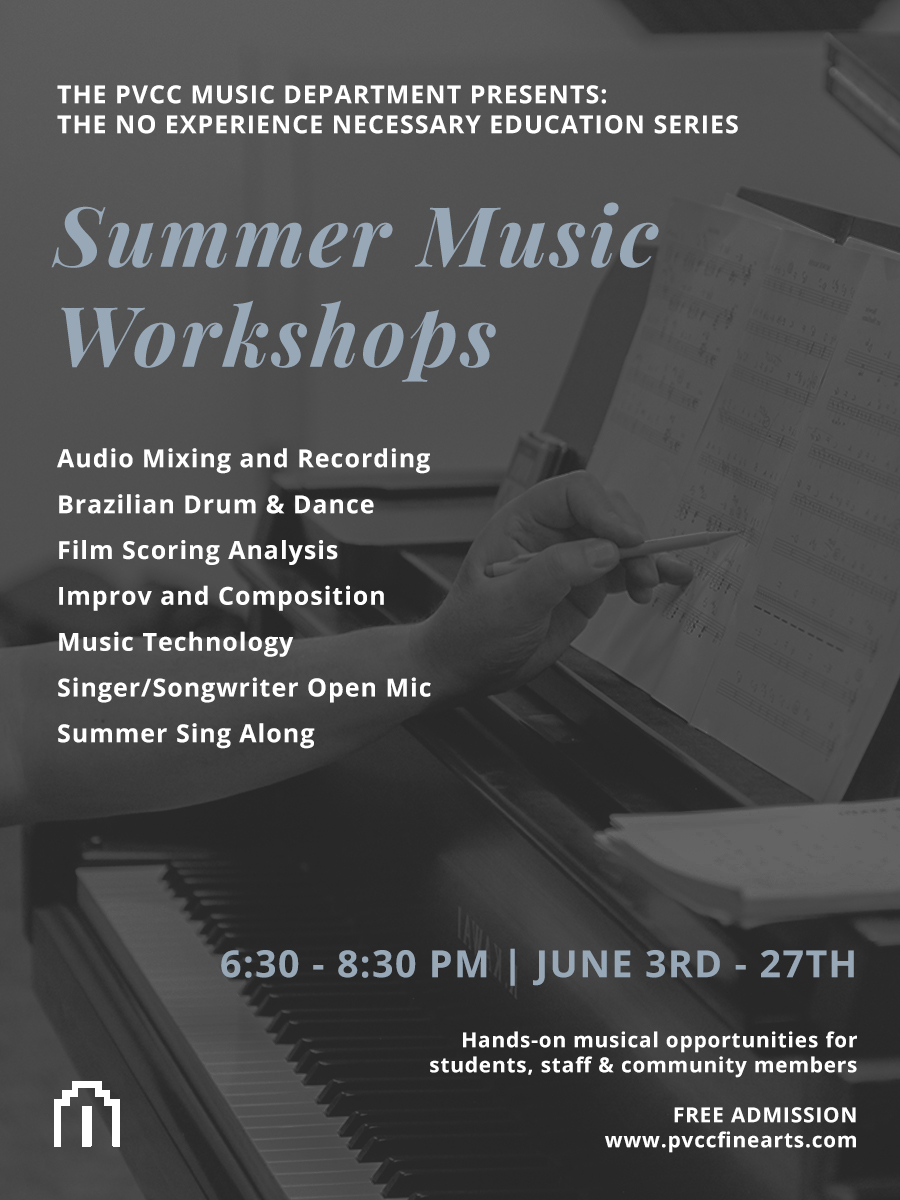by Piper Pack-Smith
I started teaching at PVCC in 2014 when I moved back to my home city of Phoenix after 20 years of being away. PVCC enriches my understanding of the voice because of the incredible diversity of students I've encountered. Often the students come in without their own voice classification which prompts me to wonder about how teachers assign voice types.
I have also had the pleasure of teaching theater classes (Voice & Diction and Music Theatre Workshop) both of which have inspired me to think about how we think about character in relationship to voice — a critical part of my exploration of Rossini recently published in the Opera Journal of the National Opera Association.
Women with lower voices were able to play characters that had more gravitas, heroism and intelligence, as if they were "part male.”
He wrote in an age where women had very few options. Women with lower voices were able to play characters that had more gravitas, heroism and intelligence, as if they were "part male.” The hardest part of exploring the topic was finding and reading through texts from the 1800s. There is some modern writing on the subject but most of my research involved reading through old comments and letters, sometimes in Italian.
The most surprising part of this research was learning how different opera careers could be, and how short! It emphasized the importance of teaching technique for longevity, knowing that these pieces were written for singers who often had careers that lasted fewer than 10 years.
Rossini, who wrote more operas for lower-voiced women than any other composer, saw a difference between the mezzo-soprano and contralto.
I explored the composition process, reading the entertaining stories of the singers and composers of that era. It brought me joy to explore a different but exciting culture of singers and musicians. The thesis of my paper is that Rossini, who wrote more operas for lower-voiced women than any other composer, saw a difference between the mezzo-soprano and contralto, despite modern casting that interchanges those two voices.
I am interested in our hesitation in modern voice teaching and singing to call people contraltos, usually opting for mezzo-soprano because the term is "safer." And yet at one time the professional singing world was flooded with contraltos. Was that because of taste, terminology or marketing?
Rossini had a love for the contralto and spoke about the voice type quite a bit. He is also a primary part of the opera "canon," whose operas were popular in 1813 and still are in 2019. Thus, he remains a champion for the contralto to this day!
Rediscovering the Unique Role of the Contralto in the Operas of Gioachino Rossini by Piper Pack-Smith











